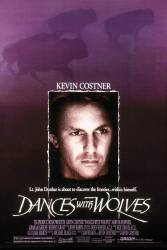
Question: Why did Dunbar's superior kill himself as Dunbar was being taken to his new post?
Answer: Dunbar's superior supported the British ("The King is dead... Long live the King" said with a heavy British accent) and was likely a closet-case Redcoat his entire US military career. It was not rare and many suicides were a result of that.
This claim is not supported by the movie. "The King is dead. Long live the King" is a common idiom referring to the passing of power to someone new. It most definitely does not literally refer to the English King. The movie is set in the middle of Queen Victoria's reign. As for your assertion that there were a large number of English loyalists in the Union Army three generations after the Revolutionary War seems highly unlikely. Can you cite evidence of this?

Question: How old is Edward?
Answer: It is never stated.
Answer: As the other response says, the number of years is never stated. Physically, I think he is supposed to look about twenty years old. Bill wants him to start a proper business. None of the adults seem to think that he should be in school.
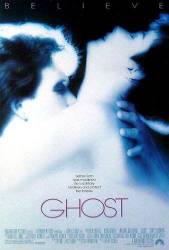
Question: Why was Carl laundering $4 million into the account? Was he in debt when he says to Willie "I'm dead if the account closes", which it does?
Answer: Carl is laundering money for drug dealers. If the account is closed and he can't get the money back then it would be lost. The drug dealers would then most assuredly murder him in retribution.
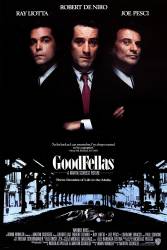
Question: In the scene where Tommy believes he is being made, right after he walks into the room you hear him say "Oh no!" right before he is shot. Tommy obviously realizes that he was set up. However, what is it that he sees in the room that tips him off?
Answer: He was expecting a crowded room full of friends congratulating him. Also it was common knowledge among the mafia that being walked into an empty room when you were due to be made meant you were about to be executed, so Tommy likely knew he'd met his end just moments before the shot.
Answer: A man being 'made' is an event shrouded in ceremony. The top people in the family are there, among others to congratulate the new soldier. Tommy walked into an empty room.
Just as others have pointed out, the film implies Tommy realised something was wrong the moment he walked in and saw the place was empty...no other "made men" there for the ceremony. However, I always wondered why he hadn't caught on to what was happening when he saw there were only a couple vehicles parked out in the driveway.
Answer: Either the fact that the room was empty (being made is a big ceremonial event with many people) or he felt the gun pressed against the back of his head right before they shot him.
Answer: There should have been more people waiting for him.
Answer: Wasn't the floor covered with a plastic sheet? That would have given it away.
Or it was a floor with no carpet (tiled, I believe)...easier to mop up.
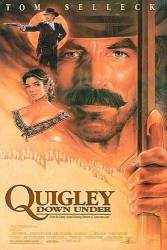
Question: Why did the Aboriginal manservant hit Matthew Quigley on the head when he threw Marston out of his own house, after telling Quigley he wanted him to kill aborigines?
Answer: He felt that if Quigley fought Marston he might have been killed. He hit him to save his life.
Answer: In fact, it was more likely that in the beginning of the film he was in more of an "Uncle Tom" (for lack of a better term) and hits him because he feels he should help his "master." He later feels bad and by the end he has come to his senses which is why he doesn't make the same mistake twice.
More like he was emboldened because his master is dead. If not Quigley would have got a second thrashing from the aborigines.
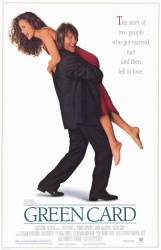
Question: When Georges is being deported back to France, why didn't Brontë go with him? They realised they were in love with each other plus there was nothing stopping her from going to France with him.
Answer: It's implied she will be coming with him when George says he will write to ask 'when are you coming cherie?' and the way they laugh and exchange rings. She just has to wrap up loose ends in NY then she'll be on her way to him.
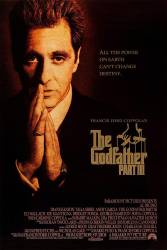
Question: At the meeting in Atlantic City, what's with the dons passing around and taking from the platter of jewelry?
Answer: It shows you how greedy they are even as they've made it to the zenith of their criminal careers. That's why you see Michael pass it on disgustedly and stare blankly into the ether. Michael's goal was never to be the boss or capo di tutti capi, he only did it to protect his father and then his family, his main goal. And at that moment he realises he's never getting out. He's a business man in a world of criminals (which he is himself).
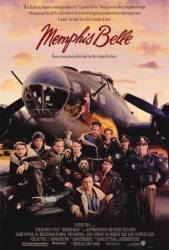
Question: At the briefing it's pointed out that there's a hospital, school, etc. around the factory they're bombing, and Dennis is very adamant about getting the bombs "right in the pickle barrel" so a lot of innocent people don't get hurt. But the planes are spread out over a large area in the sky, and are also moving when the bombs are dropped, so wouldn't the bombs land over a large area and not just in the limited vicinity of the factory?
Chosen answer: It would seem that every plane's Norden bombsight would drop from different angles, etc., each designated for a common target. So, 2 planes could be higher, lower, ahead or behind the target and each hit the target, if the bombadiers had an accurate fix on the target.
Answer: Even with the Norden bomb sight, during WW2 bombing was generally very inaccurate.
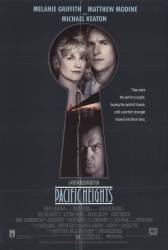
Question: Why was Carter deliberately causing enough commotion to drive the other tenants out?
Answer: If there are no other tenants, it means a loss of income for the owners. Carter, meanwhile was destroying the other apartment, making it useless to rent out. Patty and Drake need the income from both apartments that they are renting out in order to pay the monthly mortgage on their Victorian house.
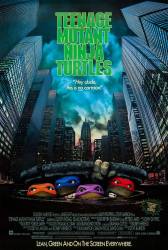
Question: What did Raphael mean with the Josè Canseco joke? I've been wondering for over 20 years.
Answer: Canseco was a star in the 80s, so a bat with his name on it would have been very expensive. Raphael is basically calling him a thief, probably because he doesn't look like he can afford it.
Answer: Jose Canseco had one of the best baseball careers, so anything with his name became priceless but it all came to an end when it was revealed he used steroids.
Answer: The Oakland A's with Canseco on the team won the World Series the year before this movie came out, while the New York Yankees and Mets both posted abysmal seasons. As a proud New Yorker, Raph was surely disgusted that Casey Jones would carry merch bearing the name of another team's star player, especially right after they won a ring! That's the behavior of a band-wagon fan, after all. It seems Casey would agree with him as well, as his response to the insult is not to defend Canseco or the A's, but to shrug and say he got the bats on a 2-for-1 Sale.
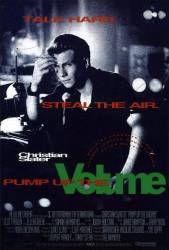
Question: I've always wondered if Mark, just before his final broadcast, told his parents the whole truth. It would seem that way because Mark tells his girlfriend his mom let him use the Jeep ("She kinda loaned it to me"). Also, his Dad was at the gathering in the school's athletic field, but there is no shot of him acting surprised or horrified when Mark pulls in to where the crowd is and gets arrested. So the question is: did Mark fess up to his parents? Or is it irrelevant/left for us to wonder?
Chosen answer: Well, with no actual scene where he confesses, it's left up to us to wonder. Personally, I find it unlikely that he'd actually admit the whole thing to his parents, but they're not stupid and already had their suspicions, so the lack of any great surprise on his father's part isn't unreasonable. You also have to remember that Mark's voice changer had already broken before they drove down to the crowd - his father would have easily recognised his voice before his actual arrival, giving him a certain amount of time to get through the initial shock.
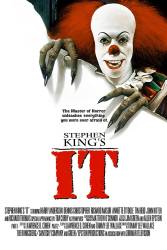
Question: What is the deal with everyone saying "beep beep" to Ritchie every time he tells a joke?
Chosen answer: It's their way of telling Richie to be quiet. To get him to stop talking.
Answer: In the book it is explained that they are telling Richie to shut up.
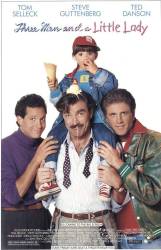
Question: When Peter and Sylvia are in her dressing room, Peter tells her he was once married. I can't hear the rest of his one line. He says something like "My ex-wife had a" And she responds "That must have been quite an experience for you." What does he say his ex wife had?
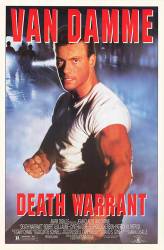
Question: Why was Burke's arm bleeding when he was hiding on the vents near the ceiling of the record room?
Answer: In the scene before that he scraped and cut his arm on the file cabinet as he was closing it looking for information.
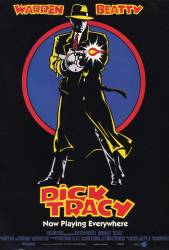
Question: Is "Dick" Tracy's first name, or his occupational designation?
Answer: His full name was Richard Tracy, but it was used seldomly.
Chosen answer: It's a bit ambiguous. Tracy's creator, Chester Gould, originally named his character, "Plainclothes Tracy," until an editor suggested changing it to Dick Tracy. A "dick" is a dated slang term for a cop or a private detective. Dick appears to be Tracy's first name, but it is also descriptive of his profession. This is called a "double entendre." It's typical for authors to contrive a name that reflects their characters.

Question: This might be a stupid question, but why did Roxy not show up the town? Was it really just "circumstances beyond her control"?
Answer: My interpretation is that Roxy had always been determined to get away from the town, and pursue a life of wealth and fame. Attending the event would mean visiting the past that she wanted to forget. She was too afraid to go through with it.
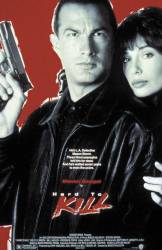
Question: Why did Jack and Max try to kill Mason's son Sonny? They have their masks on and there's no way that Sonny would have identified them.
Answer: He survived the first attempt of his family's murder. There's no telling what he saw or heard. As for the masks, the bad guys were taking no chances, security cameras, cell phones and the unexpected eyewitness.
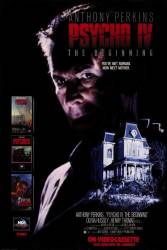
Question: Given Connie's a psychologist and knows Norman's state of mind, why would she marry him and also trick him into getting her pregnant?
Answer: Norman is mentally stable in this film. Connie and Norman fell in love during his institutionalization. After being deemed sane and released, they were married. Norman is afraid to have children because he doesn't want to pass on his psychosis. Connie believes that with proper care, their child won't end up like Norman, and plans to become pregnant.
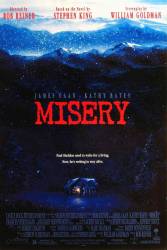
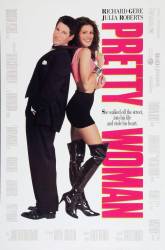
Answer: He was mentally disturbed and was depressed about being assigned to a "dead end" post with no chance at advancement. Dunbar, the hero, choosing to be assigned to the frontier, just pushed the poor soul over the edge.
Mark English
In a word, the disease syphilis. The urinary tract problems and the Insanity are possible side effects.
What are you basing this on? What in the movie indicates that he has syphilis?